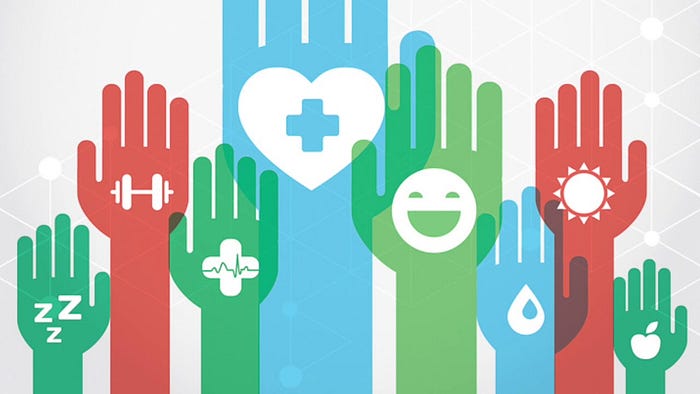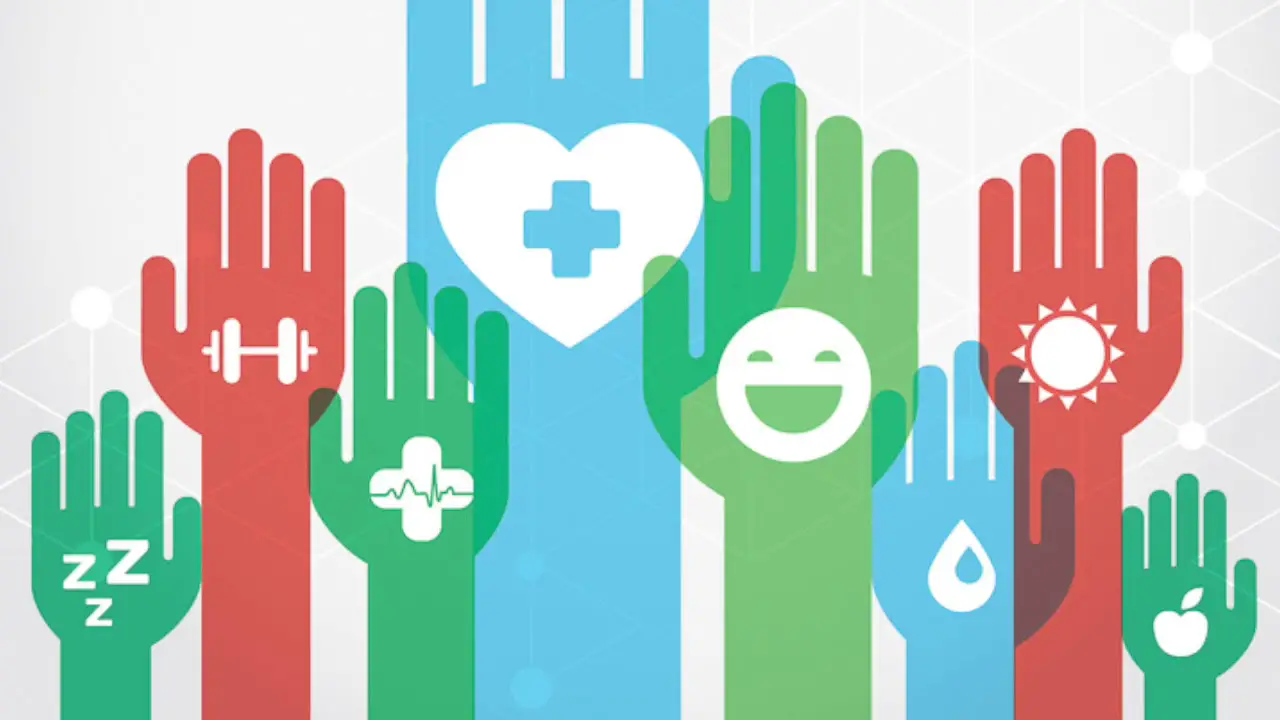Public health encompasses efforts on a broad scale, targeting entire populations such as countries or states. Utilizing research, advocacy, educational campaigns, and policy changes, professionals in public health strive to promote health and prevent diseases among diverse populations. For instance, during the COVID-19 pandemic, public health initiatives collaborated globally to implement vaccination campaigns and disseminate information on preventive measures, as exemplified by the Centers for Disease Control and Prevention (CDC) in the United States, which works on national health policies and guidelines to safeguard the public from health threats.

In contrast, community work, also known as community health, focuses on smaller, localized groups within larger populations. These groups often share geographical, demographic, or socioeconomic characteristics. Community health professionals work closely with these communities to identify and address specific health barriers, aiming to improve health outcomes at the grassroots level. For example, community health workers in rural areas of developing countries conduct door-to-door visits to educate families about sanitation, nutrition, and disease prevention, thereby demonstrating the tangible impact of community health initiatives on individuals and families.
Importance of Community Work in Public Health Initiatives
Community work isn’t just about statistics and data; it’s about forging connections and building trust within communities. By working closely with residents, you can identify the specific health barriers they face and tailor interventions to meet their unique needs. Whether it’s organizing health fairs, leading educational workshops, or conducting door-to-door visits, community health initiatives offer a hands-on approach to addressing health disparities and promoting wellness.
Moreover, community work serves as a bridge between public health organizations and the communities they serve. As a future public health leader, you’ll have the opportunity to collaborate with community stakeholders, leveraging their insights and resources to drive positive change. Through these partnerships, you’ll not only enhance the effectiveness of public health interventions but also foster a sense of ownership and empowerment within communities.
Educational Pathways in Public Health
Public health and community work education isn’t just about hitting the books — it’s about rolling up your sleeves and getting hands-on with the issues that matter most. Whether you’re analyzing health data to spot trends, developing innovative strategies to promote wellness, or advocating for policies that improve community health, every day is an opportunity to create meaningful change.
But what makes public health education so exciting? For starters, it’s incredibly versatile. From epidemiology and biostatistics to health policy and environmental health, there’s a specialization to match every interest and passion. Whether you’re drawn to the thrill of investigating disease outbreaks or the challenge of addressing health disparities, there’s a path that’s tailor-made for you.
As a public health student, you’ll have the chance to make a real difference in the world, starting right in your backyard. Through internships, fieldwork, and research projects, you’ll gain hands-on experience tackling pressing health issues and collaborating with communities to find solutions that work.
Job Opportunities in the International Market
Ready to take your passion for public health and community work to the global stage? Get ready to explore a world of exciting job opportunities that span continents and make a real difference in communities around the globe.
Epidemiologist
As an epidemiologist, you’ll be at the forefront of disease investigation and control, working to identify patterns and risk factors that impact public health. From tracking infectious disease outbreaks to researching chronic health conditions, your work will help shape public health policies and interventions worldwide. Notable epidemiologists include Dr. Anthony Fauci, Director of the National Institute of Allergy and Infectious Diseases, and Dr. Margaret Chan, former Director-General of the World Health Organization.
Health Educator
As a health educator, you’ll play a crucial role in empowering communities to make informed decisions about their health. From developing educational materials to leading workshops and outreach programs, you’ll work directly with individuals and families to promote healthy behaviours and prevent disease. Notable health educators include Dr. Sanjay Gupta, Chief Medical Correspondent for CNN, and Dr. Joycelyn Elders, former Surgeon General of the United States.
Community Health Worker
Community health workers are the frontline heroes of public health, providing essential services and support to underserved communities. Whether it’s conducting home visits, facilitating support groups, or connecting individuals to healthcare resources, your work will have a direct impact on improving health outcomes in communities around the world. Notable community health workers include Dr. Paul Farmer, co-founder of Partners In Health, and Dr. Alaa Murabit, a UN High-Level Commissioner on Health Employment and Economic Growth.
Public Health Administrator
As a public health administrator, you’ll oversee the planning, implementation, and evaluation of public health programs and policies. From managing budgets and staffing to coordinating with government agencies and community organizations, your leadership will drive the success of public health initiatives on a global scale. Notable public health administrators include Dr. Tedros Adhanom Ghebreyesus, Director-General of the World Health Organization, and Dr. Tom Frieden, former Director of the U.S. Centers for Disease Control and Prevention.
Global Health Consultant
Global health consultants provide expertise and guidance to organizations and governments working to improve health outcomes in low-resource settings. Whether it’s designing healthcare systems, evaluating program effectiveness, or conducting research on health disparities, your insights will shape strategies for addressing global health challenges. Notable global health consultants include Dr. Paul Farmer, co-founder of Partners In Health, and Dr. Raj Panjabi, CEO of Last Mile Health.
Global Job Market Trends in Public Health and Community Work
As we peer into the future of the global job market in public health and community work, one thing becomes abundantly clear: the demand for skilled health workers is on the rise. By 2030, projections indicate that the global demand for health workers will surge to a staggering 80 million, doubling the current stock of health workers. However, the supply of health workers is expected to reach only 65 million over the same period, resulting in a worldwide net shortage of 15 million health workers.
What does this mean for aspiring public health professionals and community workers? It means that the opportunities for impactful careers in these fields are vast and growing. With increasing demand for health workers across the globe, there will be a need for individuals with diverse skills and expertise to address a wide range of health challenges, from infectious diseases to chronic conditions and beyond.
Moreover, the growth in demand for health workers will be particularly pronounced in upper-middle-income countries, driven by factors such as economic growth, population growth, and ageing demographics. In light of these trends, now is the time to equip yourself with the knowledge, skills, and experience needed to thrive in the dynamic and ever-evolving field of public health and community work. Whether you’re interested in epidemiology, health education, community outreach, or public policy, there has never been a better time to pursue a career dedicated to improving the health and well-being of individuals and communities worldwide. So, seize the opportunity, chart your path, and prepare to be part of the solution to the global health workforce shortage.
Why Study at The University of Lahore
At the UOL Department of International Qualifications, we offer a dynamic learning environment that extends beyond the classroom, fostering personal growth and global perspective. With a diverse student body, engaging student societies, and a rich cultural exchange program, you’ll find ample opportunities to connect with peers and explore new horizons. Our comprehensive support services ensure your well-being, while state-of-the-art campus facilities and a range of social and recreational activities enhance your university experience. Moreover, our focus on career development and access to a global alumni network empower you to achieve success in your chosen field. Join us at The University of Lahore and unlock a world of possibilities for your future.






